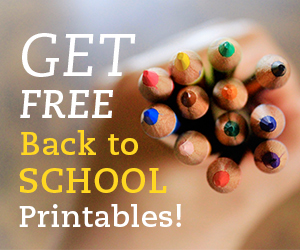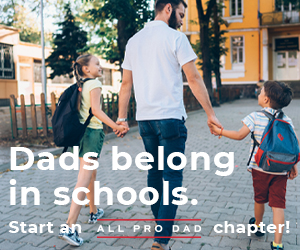“I found Ellery just hanging outside the girls’ cabin by herself,” my daughter’s camp counselor texted. As I watched the three dots appear and disappear on the screen, I felt worried about our 13-year-old attending her first church retreat. Then, finally, the follow-up text came through: “Ellery said the other girls wouldn’t stop gossiping even after she said she felt uncomfortable. So, she decided to stand outside until they stopped. You should be proud.” And, boy, was I.
I loved hearing how our teen handled a situation when she felt peers crossed an emotional boundary. She knew the signs and didn’t sit there silently. She spoke up for herself and protected her well-being. So, can your girl! Here are 25 things your daughter can say when she feels her boundaries crossed.
When She Feels Uncomfortable About the Topic:
- I don’t like talking about someone else.
- I don’t feel comfortable sharing that information.
- I’d like to keep that part of my life private.
- I’d prefer to keep my thoughts about this to myself.
- I’ve already shared what I’m comfortable sharing about that.
When She Needs Some Space to Process Her Feelings and Thoughts:
- I need time to process my feelings before we talk about it.
- I don’t want to go into details about this right now.
- I’m not looking for advice or opinions. I just need someone to listen.
- I need you to respect my boundaries and not push me to talk right now.
- I’m not sure how I feel about this. I’d like to talk about it later.
When She Feels Herself Getting Too Upset:
- I don’t want to argue about this. I’d like to drop it for now.
- This conversation makes me feel anxious, and I’d rather not discuss it.
- I care about our friendship, but I need to know my feelings are respected.
- I feel myself getting defensive. I don’t want to say something I don’t mean.
- I don’t like where this seems to be headed. I’d like time to calm down.
When She Needs to Protect Personal Values and Beliefs:
- I feel hurt when I’m pressured to conform to beliefs that don’t align with mine.
- I feel uncomfortable when my faith is questioned aggressively.
- I feel hurt when my values are made fun of or brushed off.
- I want to have a conversation that focuses on understanding rather than judgment.
- I feel supported when my faith is acknowledged, even if it’s not shared.
When She Needs to Set Expectations for Respectful Behavior:
- I don’t feel safe when I hear that tone of voice.
- I don’t like to be talked about that way. I feel disrespected.
- I expect to be treated with kindness.
- I need honesty and trust in a friendship (or relationship).
- I expect my feelings and opinions to be acknowledged.
Boundaries Crossed? Why “I” Statements Help
Did you notice that all the statements above start with “I”? There’s a scientifically-backed reason for that! Research studies continue to find that using “I” statements increases compassion and cooperation in the other person and is less likely to stir up hostility or anger toward the person talking.
“I” statements give your teenager a way to communicate when she feels her emotional boundaries crossed. These statements use clear and assertive language without pointing the finger of blame toward anyone, which can cause the other person to become defensive. Instead, the conversation promotes understanding. Plus, “I” statements help your teen gain valuable practice in taking responsibility for her well-being, feelings, and emotional boundaries.
I statements give your teenager a way to communicate when she feels her emotional boundaries crossed. Share on XAddressing the Awkward Elephant in the Room
By the way, it’s normal for your teen to feel awkward about using “I” statements. Most adults struggle with them, too, especially during a heated conversation. Encourage her to rewrite one for each category using her own words.
When you hear her using one of the statements, even if it’s with you, acknowledge it! Tell her how proud you are to hear her share what she needs when she feels her emotional boundaries crossed. And, Mom, let her hear you doing the same! You’re still her No. 1 role model.
Where do you struggle the most in talking about your emotional boundaries?










